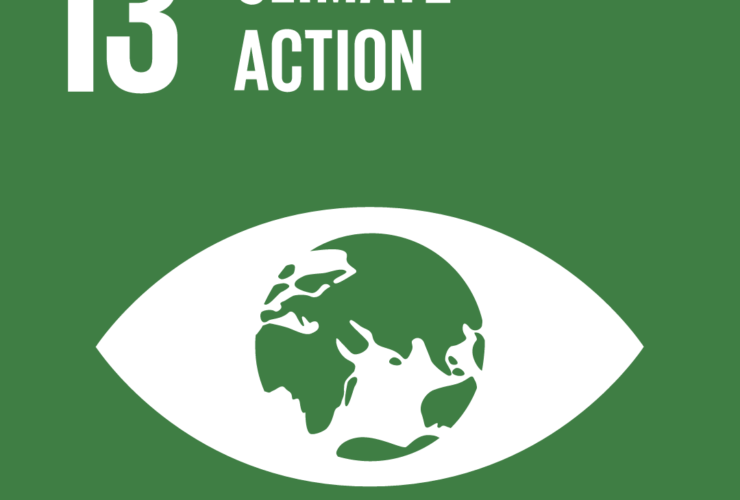UNESCO Calls for Halting of Proposed Lamu Coal Plant
Members of Save Lamu and deCOALonize were present at the UNESCO’s World Heritage Committee during – 43rd session in Baku, Azerbaijan. You can download the deCOALonize press release on the same:
UWorld Heritage Committee calls for the Government of Kenya to stop the Lamu coal plant project until it assesses its impacts on Lamu’s environment, heritage, and culture, and submits reports for review
Tuesday June 9, 2019, Baku, Azerbaijan
Yesterday, UNESCO’s World Heritage Committee during its 43rd session in Baku, Azerbaijan, finalized its recommendations regarding the threats posed to Lamu Old Town’s World Heritage status by the proposed Coal Power Plant and other associated large-scale infrastructure projects.
The Committee asked the Kenyan Government to ensure that the Environmental Impact Assessment (EIA) of the coal power plant be redone, a heritage impact undertaken on the project, and the Lamu Port South Sudan Transport Corridor (LAPSSET) Strategic Environmental Assessment (SEA) be revised to consider the impacts on the Outstanding Universal Values (OUV) of the World Heritage Site.
The Committee “regrets that the State Party provides only limited information on the state of conservation of the property”, referring to several years of reiterated requests to the Government of Kenya for a revised SEA for LAPSSET.
Although UNESCO has expressed concerns since 2009 over the progression of LAPSSET, this is the first year in which it addresses the Lamu coal plant project directly.
UNESCO has called for Kenya to avoid proceeding with Lamu coal plant project until it can “submit a revised LAPSSET SEA, a heritage impact assessment and EIA of the Lamu Coal project that considers the impacts on the OUV of Lamu Old Town” to the World Heritage Centre for review.
Members of Save Lamu and deCOALonize were present at the UNESCO deliberations to call for the Committee to maintain its strong language in the important decision.
“One of the challenges Africa faces is the pursuit to modernize with large development projects as well as rapid and unplanned urbanization that destroys rich cultural resources. Lamu is a key example of such a dilemma,” stated Mr. Mohamed Athman from Save Lamu in his statement made during the session.
Unfortunately, there is already tangible ongoing damage to Lamu due to rapid unplanned urbanisation that flouts key conservation guidelines. In addition to the Lamu Coal Plant, the construction of the first three berths of Lamu port and dredging has begun with more projects expected to follow including 29 more berths, an industrial city, an oil refinery, resort cities, and the 1050 megawatt coal plant.
The UNESCO decision concurred with the ruling made less than two weeks ago, on June 26, 2019, by the National Environment Tribunal (NET) calling for a halt to the Lamu coal plant.
In 2015, Save Lamu had filed an appeal with the NET after Amu Power, the project proponent, rushed through the EIA licensing process without following key guidelines on the assessment process.
“While we understand that Kenya needs to develop, sustainability must be a core value in development. For this, legal due processes must be followed,” added Mr. Athman.
The UNESCO decision was an evidence-based, realistic assessment of the threats to Lamu Old Town informed by the Committee’s reactive monitoring mission in 2015 and an advisory mission in 2018. However, the mission had been unable to visit Lamu and assess the situation due to warnings about security concerns in Lamu.
UNESCO recommends that another monitoring mission to Lamu be done to “review the process and conclusions of the various environmental and heritage impact assessments, stakeholder engagement processes and the state of conservation of the property”.
The Committee has set February 2020 as the new deadline for the State Party of Kenya to undertake the necessary impact assessments for the Lamu Coal Plant before proceeding with the project.
What is worrying, however, is that UNESCO keeps setting new deadlines every year that are entirely ignored by the government. This is the latest deadline on the same request for LAPSSET SEA revision. The previous was Jan 2018. Nothing was done.
With the threat of Lamu being removed from the world heritage list, we hereby call on the government of Kenya to consider having alternative cleaner sources of generating power so as to continue maintaining the status we gained in Lamu since 2001 as a World Heritage site.
For more information, please contact: Abiud Onyach, deCOALonize Campaign Communication Officer on +254727670279 or by email at abiud.onyach@decoalonize.net


